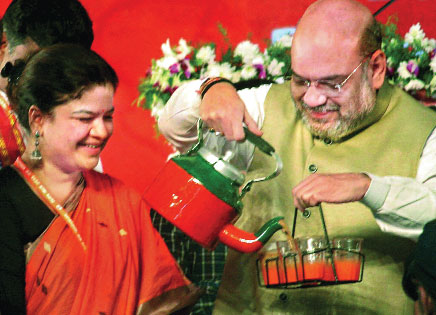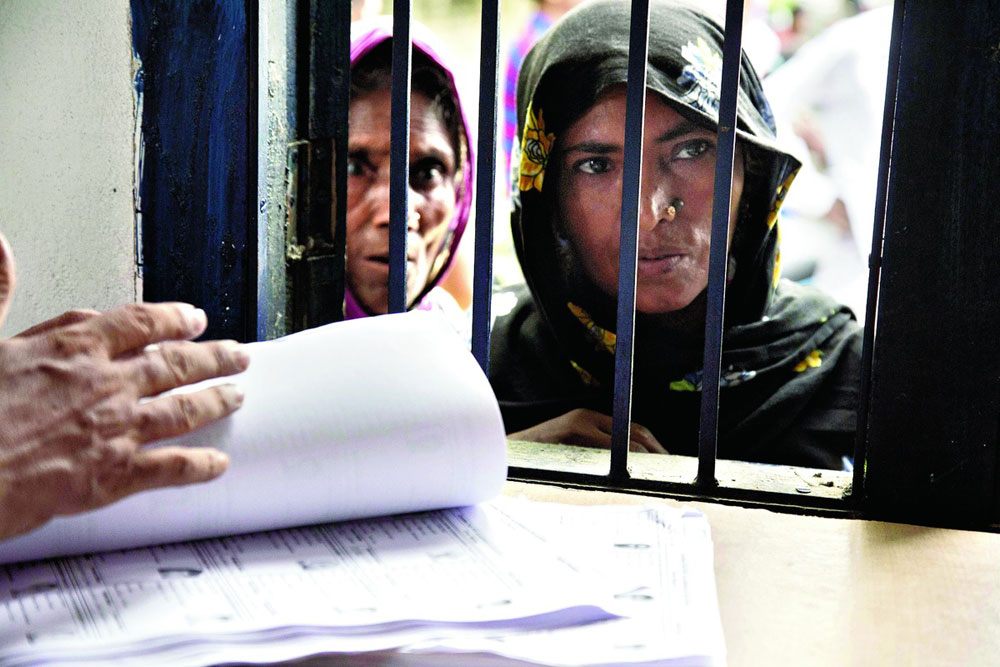Faith in public institutions is of paramount importance in a democracy. But the matter of faith is a rather curious thing in New India. Leaders of the Bharatiya Janata Party — the architect of New India — seem to be eager to use faith as an expedient tool to subvert the very institutions that form the base of a democracy. On a visit to Kerala, the BJP president, Amit Shah, had thundered that courts should not pass decrees that “hit people’s faith”. Mr Shah — seemingly indifferent to the prospect of legal contempt — was alluding to the Supreme Court’s recent ruling that lifted the ban on the entry of women of menstruating age to the Sabarimala temple. Mr Shah’s motive is expressly political. Over the years, in spite of sustained efforts, the electoral returns from Kerala have been rather poor for Mr Shah’s party. In 2016, the BJP bagged a solitary seat. It is evident that the Sabarimala ‘controversy’ — the BJP had initially welcomed the apex court’s order but there are whispers of the party extending covert patronage to protesters — is now being viewed in the sangh fraternity as a potential weapon to make inroads into Kerala before the general election.
Polarisation has been the BJP’s preferred strategy when it comes to political mobilisation. The consequences have been injurious to India’s inclusive fabric. But that is no longer the only threat. Explicit attempts are being made to exert pressure on crucial institutions that have, so far, held the nation’s secular edifice together. Earlier, while delivering a speech on Vijaya Dashami, Mohan Bhagwat, the chief of the Rashtriya Swayamsevak Sangh, demanded that there should be a legal provision for the construction of the Ram temple, ignoring the fact that the highest court is deliberating on this sensitive issue. Tellingly, Mr Shah has been joined by Arun Jaitley, the finance minister, in this dangerous chorus. He has pushed the envelope further by claiming to have spotted a schism between ‘constitutionalists’ and ‘devotees’. Does this mean that India’s ruling party finds devotion to constitutional principles and to the agencies that uphold them to be an aberration? This could only strengthen suspicions that the sangh parivar’s real agenda — political and ideological — is to transform India’s representative Constitution into a majoritarian one. The court is one of the bulwarks against such a disastrous transition. Is that why it is now a target?













